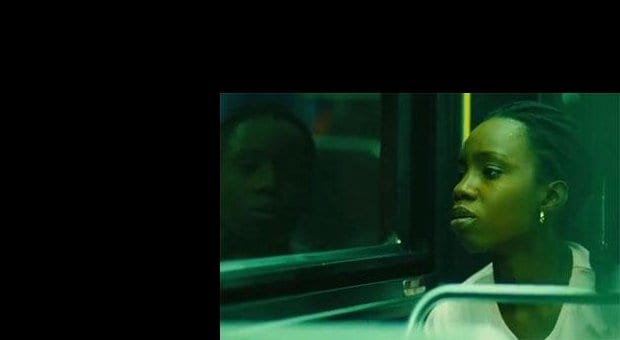When a small independent film about homosexuality manages to garner Oscar buzz, it is nothing short of remarkable.
Pariah is a glimpse into the sexual politics of the Brooklyn lesbian scene from the vantage point of Alike, a 17-year-old woman who discovers the queer community and comes out to her family. It is a brazenly moving film, poetic but not cloying or sentimental.
First-time director Dee Rees describes its genesis as a “140-page monster” script. That work begat an award-winning short film she then expanded into the feature-length Pariah. Though Rees is a self-described nerdy chick from the suburbs of Nashville, Tennessee, the film was inspired by her own experiences in Brooklyn, New York.
“I was surprised by all these youth . . . who at 17, 18, not only knew who they were, but weren’t afraid,” she says. “I wondered, ‘Even if I had known when I was 17, would I have the courage to be that person?’ The answer for me was ‘Maybe not.’”
Kim Wayans, known for her comedic television work, including In Living Color, plays Alike’s mother, a woman terrified by the mounting evidence that her young daughter is a lesbian.
“I thought this was such an important story,” says Wayans. “This is dialogue that we [in the African American community] need to have. And so I feel that I am part of doing something really good.”
Spike Lee, the director of Do the Right Thing and Malcolm X, is one of Pariah’s executive producers. The word faggot appears regularly in his works, and he has been accused of homophobia variously throughout his career. Rees, an out and proud lesbian, says Lee has been given a bad rap.
“I’ve seen more gay black people working on Spike Lee sets than any other sets,” she says. “His actions speak louder than words. I’ve seen him support a lot of gay artists, gay craftspeople and filmmakers. He did a lot of things he didn’t have to do, and you can see that in the people he employs and has around him.”
When Pariah made the film festival circuit last year, there were inevitable comparisons between it and the 2009 film Precious. Wayans is quick to point out that those comparisons are only natural. Precious, she says, was the first serious successful black drama in a long time. “That’s something the world is not used to seeing,” she laughs knowingly.
Adepero Oduye delivers a breakthrough performance as Alike.
“I am really excited about the conversations that will happen and the opportunity for people to see something they haven’t seen before from the point of view of a young black female,” she says.
Below is a video of our interviews with Oduye, Rees and Wayans. The film opens at theatres on Jan 13.

 Why you can trust Xtra
Why you can trust Xtra


